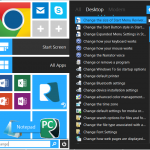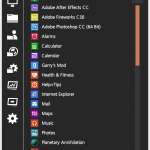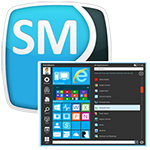There are adavantages and disadvantages to going for wireless peripherals on your PC or sticking with wired ones. Find out which is right for you.
| By Steve Horton |
|
|
| By Steve Horton |
|
|
There are multiple methods for extending and strengthening the wireless signal in your home. Find out how.
| By Steve Horton |
|
|
Learn what 192.168.1.1 means, and how this IP address helps you set up your modem and router combination.
| By Steve Horton |
|
|
There’s no need to choose between wired and wireless connections in your home or office. Why not have the best of both worlds?
| By Steve Horton |
|
|
Let’s face it: Wires cause clutter. The more wires you have from your laptop or desktop PC to your peripherals, the more clutter there is, and the more wires can get tangled, pulled out, frayed or ruined. Thankfully, electronics are moving in a wireless direction. Fewer cords is a good thing, right? Sure, but not always.
| By Steve Horton |
|
|
Multiple PCs on the same network, all running Windows Vista or Windows 7, can share files between them easily. Here’s how you set that up.
| By Steve Horton |
|
|
Playing most online games and anything else that requires massive upload and download speed requires you to plug in via Ethernet. Here’s how the different wired Internet providers compare.
| By Steve Horton |
|
|
Here’s a rundown of the different wireless technologies and their maximum speeds. 3G, 4G and Wi-Fi all have different theoretical limits, and the results may surprise you.










